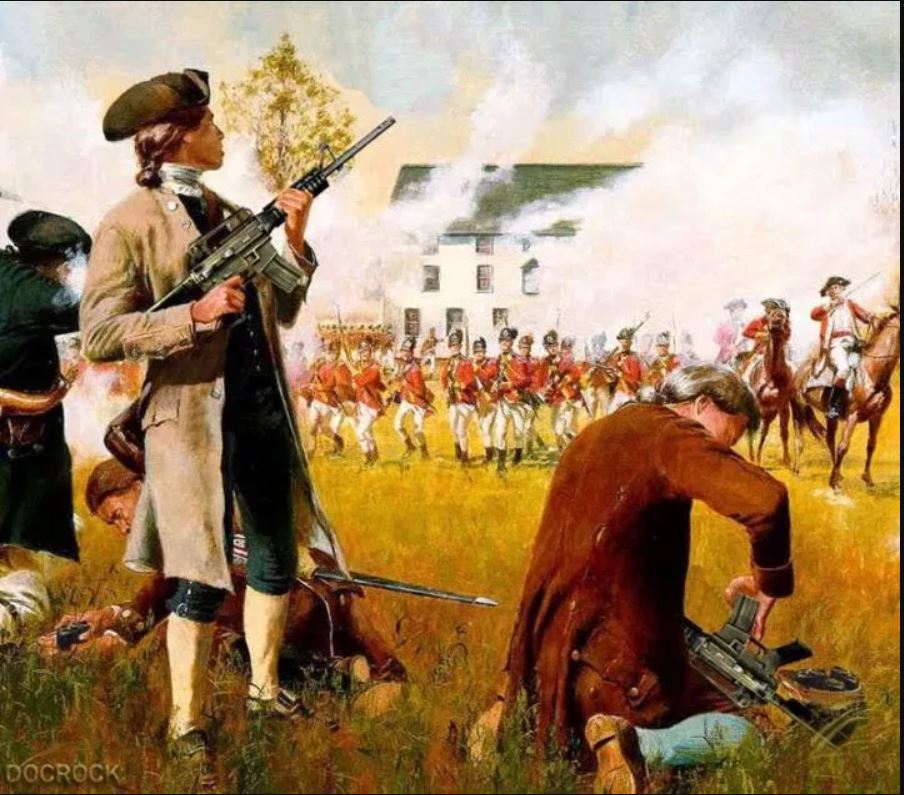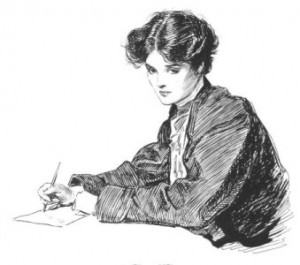America’s Fabian revolution: Prelude to a Second American Revolution
We are in the 7th decade of a slo-mo socialist revolution in America, but there are signs it will be followed by a successful Second American Revolution. One of my favorite books is Daddy-Long-Legs, an epistolary novel that Jean Webster wrote in 1912. The letter writer is Judy Abbott, a
Continue reading


